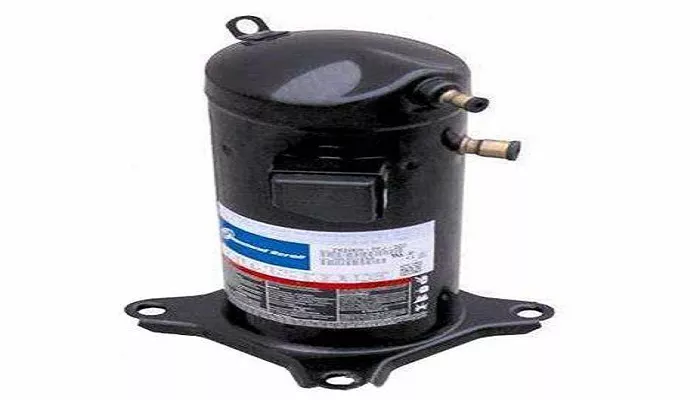Copeland compressors are widely recognized in the HVACR (Heating, Ventilation, Air Conditioning, and Refrigeration) industry for their reliability, efficiency, and advanced engineering. One of the most common questions technicians and engineers encounter is: What do the numbers on a Copeland compressor mean? These alphanumeric codes are not random; they provide critical information about the compressor’s model, capacity, voltage, refrigerant type, and other essential specifications.
Structure of Copeland Compressor Model Numbers
Copeland compressors follow a structured model numbering system. While the exact format may vary slightly depending on the series and type (reciprocating, scroll, or semi-hermetic), most model numbers consist of multiple segments that indicate.
- Compressor Series
- Displacement (Capacity)
- Voltage & Phase
- Refrigerant Type
- Design Variations & Features
Let’s examine each of these components in detail.
Breaking Down the Model Number
Compressor Series Identification
ZR: Reciprocating compressors (e.g., ZR24K3E)
ZB: High-efficiency reciprocating compressors
CR: Commercial refrigeration compressors
DS: Discus™ semi-hermetic compressors
ZP: Scroll compressors (e.g., ZP61K5E)
Example
ZR24K3E: “ZR” indicates a reciprocating compressor.
ZP61K5E: “ZP” indicates a scroll compressor.
Displacement (Capacity in BTU/hr or Tons)
The next segment usually represents the compressor’s displacement or cooling capacity. This is often given in thousands of BTU/hr or refrigeration tons (1 ton = 12,000 BTU/hr).
For ZR24K3E
“24” means 24,000 BTU/hr (2 tons).
For ZP61K5E
“61” means 61,000 BTU/hr (~5 tons).
Some models may use a different numbering convention, so always refer to the manufacturer’s datasheet for exact capacity.
Design Variations & Additional Features
The final letters may indicate special features, such as:
E: Enhanced efficiency model
F: Low-noise design
P: Pump-down feature
H: High-temperature application
Example
ZR24K3E: “E” means enhanced efficiency.
ZP61TFD: “FD” may indicate a specific design feature (check datasheet).
Practical Examples of Model Number Decoding
Let’s analyze two common Copeland compressor models:
ZR24K3E
ZR: Reciprocating compressor
24: 24,000 BTU/hr (2 tons)
K: 208-230V, single-phase
3: R-22 refrigerant
E: Enhanced efficiency
Application: This compressor is typically used in older residential air conditioning systems running on R-22.
ZP61K5E
ZP: Scroll compressor
61: M61,000 BTU/hr (~5 tons)
K: 208-230V, single-phase
5: R-404A/R-507 refrigerant
E: Enhanced efficiency
This model is commonly found in commercial refrigeration units.
Why Understanding These Numbers Matters
Correct Replacement Selection
- Refrigerant type (R-22 vs. R-410A)
- Electrical requirements (voltage & phase)
- Cooling capacity (matching system load)
Troubleshooting & Maintenance
- The voltage supply was incorrect.
- The refrigerant charge was mismatched.
- The capacity was undersized for the application.
Future-Proofing Systems
With refrigerant phaseouts (e.g., R-22 being discontinued), understanding model numbers helps in selecting newer, compliant compressors (e.g., R-410A units).
Additional Codes: Serial Numbers & Manufacturing Data
- Manufacturing date (often in YYWW format – Year & Week)
- Factory location
- Production batch
Example: A serial number like 2345X7890 might break down as
23: 2023 (manufacturing year)
45: 45th week of production
X: Factory code
7890: Unique batch identifier
This helps in warranty claims and tracking manufacturing defects.
Conclusion
Whether you’re servicing a residential AC unit or a commercial refrigeration system, understanding these codes is essential for professional HVACR work. Always cross-reference with Copeland’s official documentation for the most accurate information.

